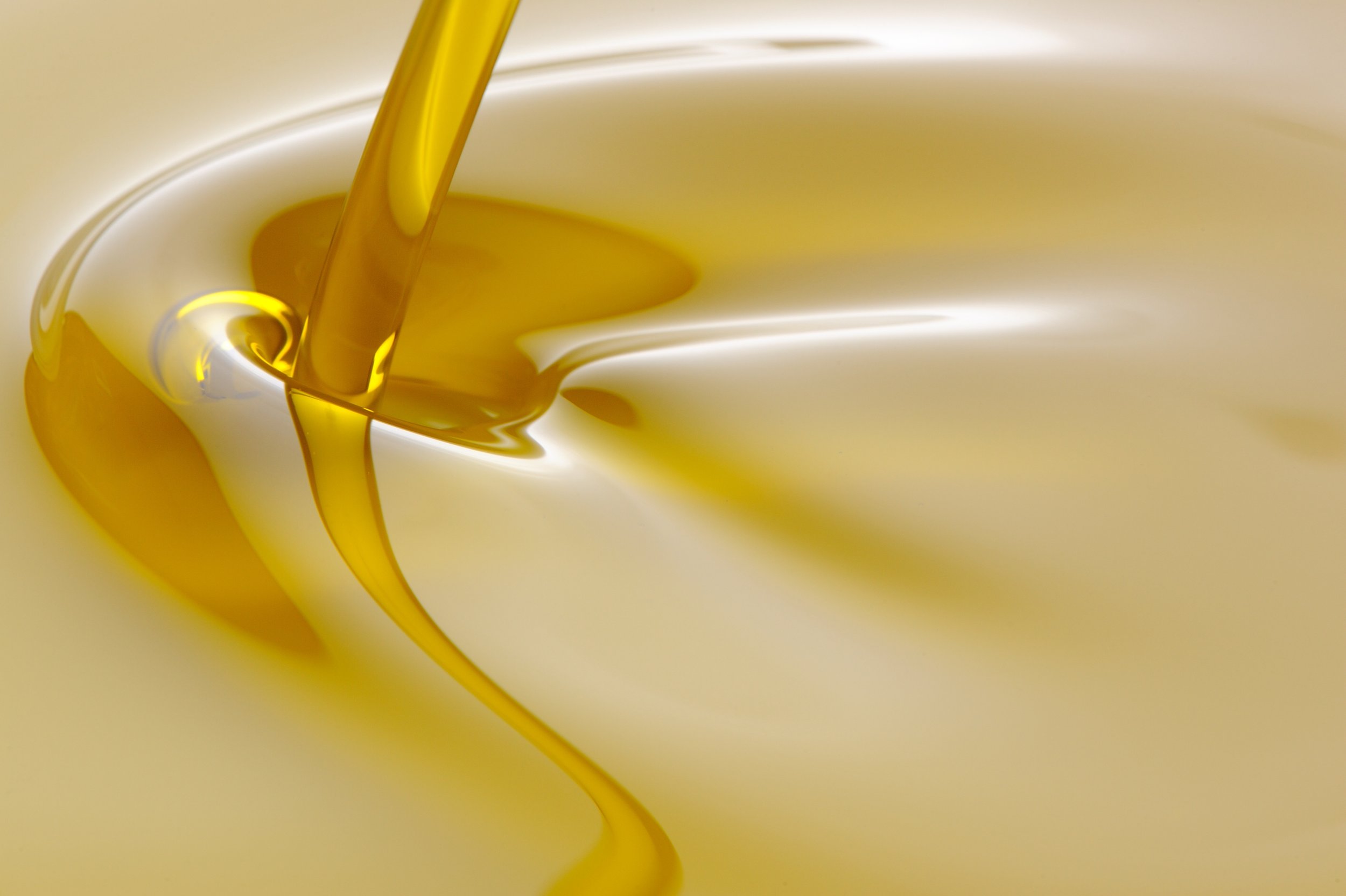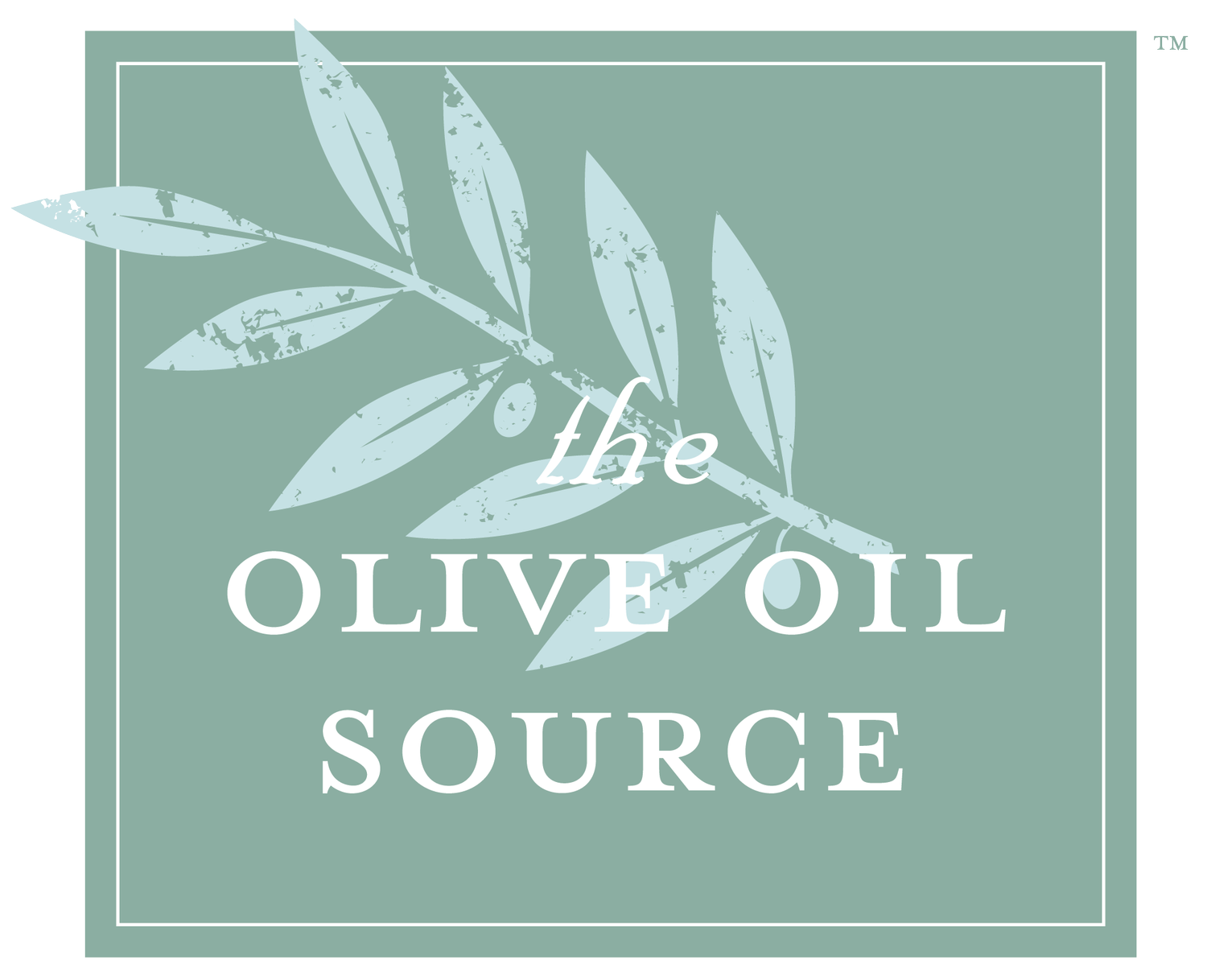
Filtering Olive Oil
TO FILTER OR NOT?
There are many factors in processing olives into extra virgin olive oil that have a direct influence on the quality of the outcome, for instance fruit quality, careful handling, and time lapse between harvest and milling. But, whether high quality oil is filtered or not is most often one of the processes that is a matter of personal preference.
Often used as a marketing angle for many producers, romantic language on labels creates an image of “filtered” or “unfiltered” oils that suggests one or the other is better. The truth is that they are just different. There are cases when it is better to filter and others when filtering is not necessary.
For many high quality brands, an extra virgin olive oil that has been racked/purged properly does not need to be filtered. Yet, for some producers, the use of mesh filters can achieve a preferred style of oil that is sediment-free and more brilliant in clarity. A more acknowledged favorable impact of filtering is that it may increase stability during storage and prolong shelf life. According to California olive oil expert Paul Vossen, this type of filtering may remove a small amount of the positive flavor and antioxidant components – but usually only a negligible 5% or so.
CLEAR OR CLOUDY?
It is also important to realize that some oils naturally settle out quickly and turn clear (without filtering), while others stay cloudy for a very long time, even after having been filtered. There is no clear explanation for this phenomenon, but it may be related to such things as the oil’s level of hydration, varietal differences, fineness of the paste and sediment particles, amount of moisture in the fruit, storage temperature, depth of oil in the tank, or even the type of processing machinery used. This is not an indication of the quality of the oil in any way.
NOTE
This page does not focus on the many filtering processes that large-scale mass producers often employ like bleaching oil to reduce chlorophyll, using diatomaceous earth, or synthetic silica treatment to eliminate carotenoids, residual fatty acids and pesticides, and using active carbon to deodorize and reduce unfavorable odors. Needless to say, these steps are only used for lower quality oil seeking to capitalize on the growing market for truly, high quality extra virgin olive oil.
